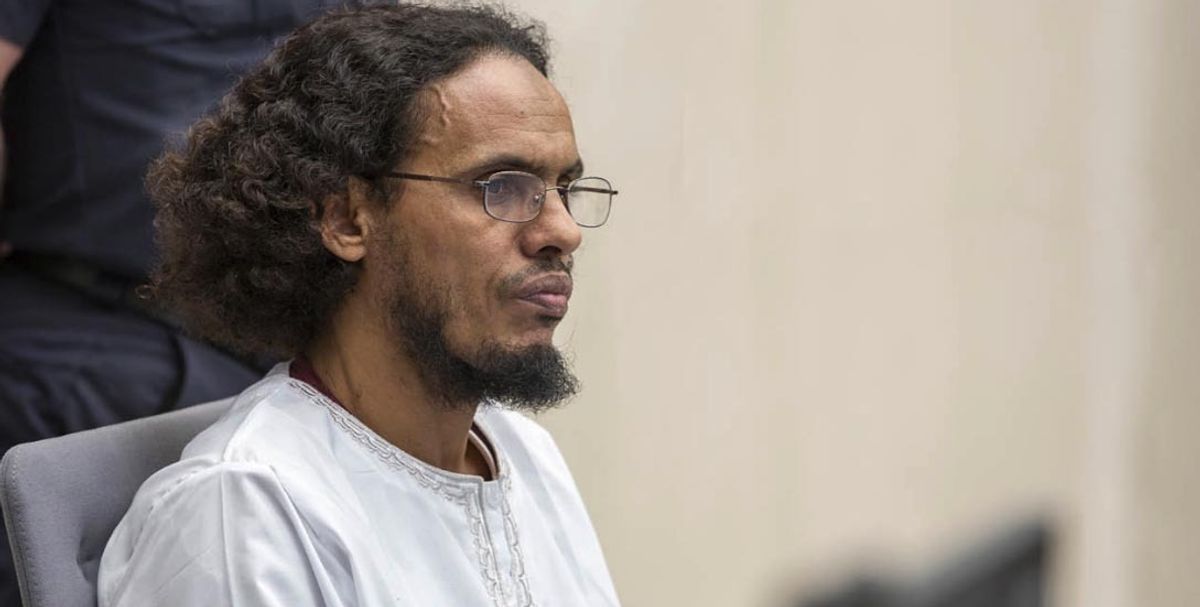The International Criminal Court (ICC) ruled on 17 August, that an Islamic extremist caused €2.7m in damages when he destroyed shrines in Timbuktu, Mali, in 2012. This is the first time that the ICC has made a ruling solely on cultural destruction, setting an important precedent.
The Hague-based ICC ordered "individual, collective and symbolic reparations” to be made to the community of Timbuktu. Acknowledging that “the destruction of the protected buildings has caused the suffering of people throughout Mali and the international community”, the ICC judge Raul Cano Pangalangan ordered that a symbolic amount of €1 be paid to the government of Mali and €1 to Unesco.
However, recognising that the Islamic extremist, Ahmad al-Faqi al-Mahdi, is penniless, the ICC said that its Trust Fund for Victims (TFV)—set up following the establishment of the ICC in 2002—would implement the ruling and decide how the outstanding amount be paid. TFV has until 16 February 2018 to come up with a reparations implementation plan that is expected to include building memorials.
Islamic extremists used pickaxes and bulldozers to destroy nine mausoleums and the centuries-old door of the Sidi Yahya mosque, built during a golden age of Islam, after a jihadist takeover in northern Mali in 2012, according to Agence France Presse. Calling the attack a “war crime”, the ICC sentenced Al-Mahdi to nine years in jail last September after he pleaded guilty to “intentionally directing” attacks on the Unesco world heritage site. Al-Mahdi apologised for his actions and said that he regretted the damage his actions had caused.
“This ruling is important because it acknowledges the cultural damage that war can cause,” Nick Gestrich, an archaeology research fellow specialising in Malian history at the Frobenius-Institut in Frankfurt, tells The Art Newspaper. “Beyond the physical destruction of the buildings themselves, this has been traumatic to the people of Timbuktu. There are living descendants of the holy men whose mausolea were destroyed and they will welcome the reparations in restoring their ancestors' resting places. It is a step towards restoring the dignity of those harmed in the islamist takeover.”
Founded between the fifth and 12th centuries by Tuareg tribes, Timbuktu has been dubbed "the city of 333 saints" for the number of Muslim sages buried there.
The landmark ruling signals that the destruction of historic sites at Palmyra in Syria and Mosul in Iraq by Isil could also be considered as war crimes by the ICC. Indeed, Unesco's director general, Irina Bokova, described the destruction of Palmyra's tetrapylon monument as a “new war crime” in January.
However, according to French TV channel France24, the TVF has warned that this kind of settlement could actually incentivise cultural destruction because poor people could see this as ensuring a payout.


